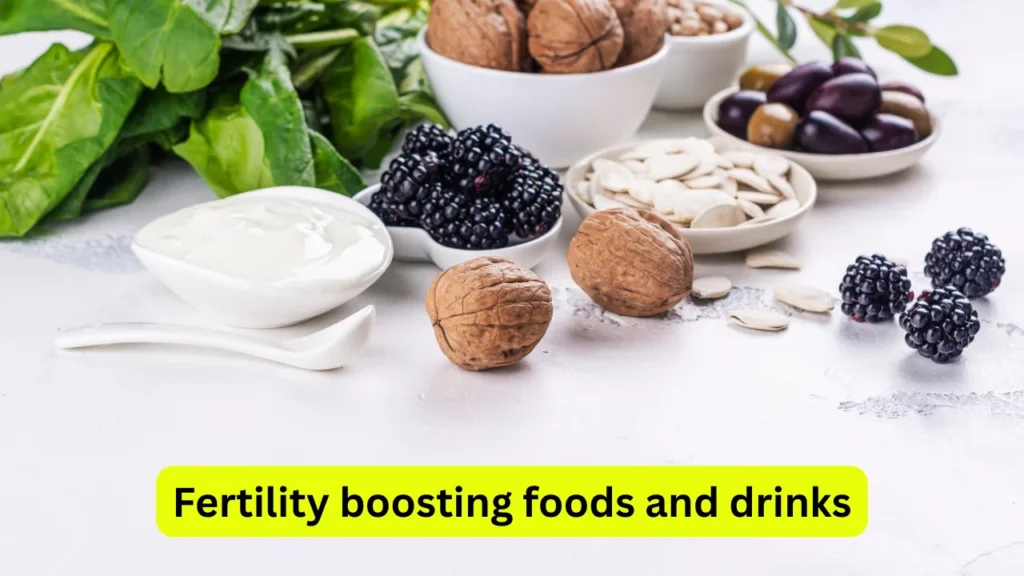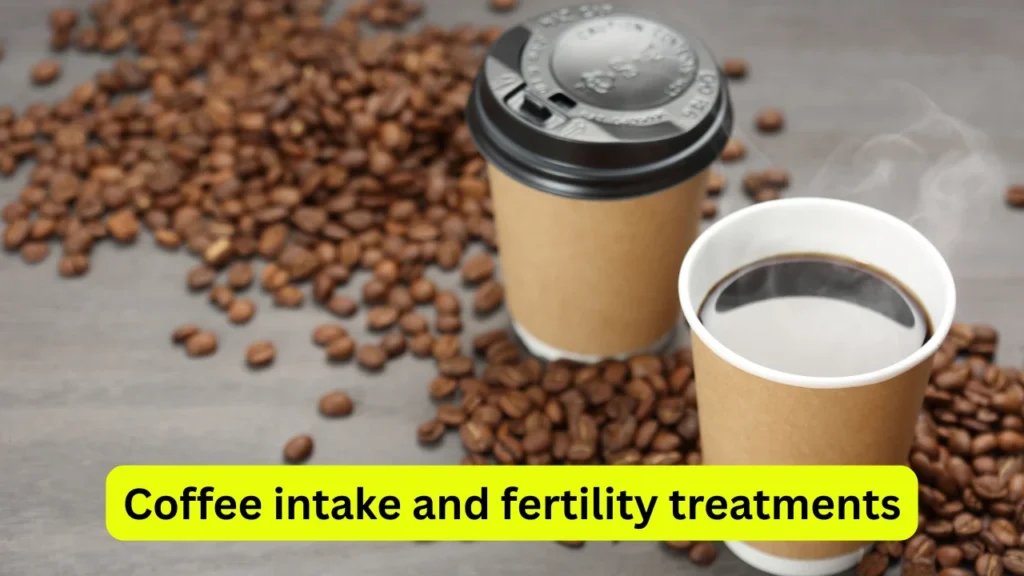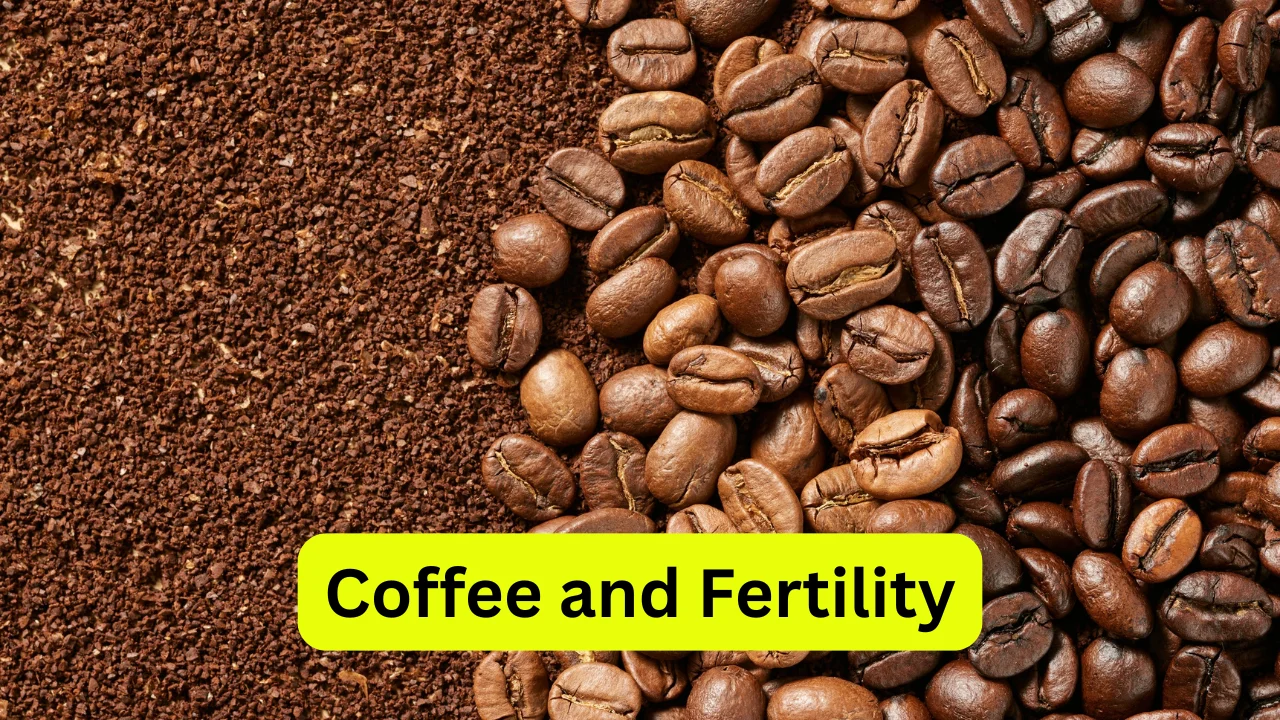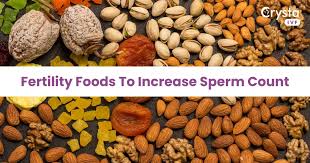Coffee and Fertility: A Detail Guide 2025
If you love your morning brew but are also planning to grow your family, you may be asking whether coffee and fertility go together. Many couples wonder, does coffee affect fertility, or is coffee bad for fertility? The truth is, caffeine influences your body in more ways than just keeping you awake. From sperm quality in men to ovulation cycles in women, your daily coffee at home may play a bigger role in your fertility journey than you think. Understanding how coffee intake and fertility are connected will help you make better choices for your health and your future.
Understanding coffee and fertility
Coffee is a daily ritual for millions, but many wonder how it affects fertility. If you are on a fertility journey, you may have heard mixed opinions about coffee intake. Some believe coffee and tea harm reproductive health, while others argue moderate caffeine has no real impact. The truth lies somewhere in between. Research shows that coffee and fertility are linked through hormonal balance, sperm health, ovulation, and even IVF success.
Does coffee affect fertility health
Caffeine is the active ingredient in coffee beans. It stimulates your nervous system and boosts energy. However, high doses may affect hormonal balance and reduce blood flow to reproductive organs. If you are trying to conceive, many experts recommend limiting caffeine to 200 mg per day, which equals about one cup of brewed coffee at home.
Is coffee bad for fertility issues
Moderate intake may not harm fertility, but excessive coffee can cause problems. Studies suggest more than 400 mg of caffeine daily may increase miscarriage risks, delay conception, and lower sperm quality. This is why many couples consider decaf coffee and fertility a safer option during sensitive phases of trying to conceive.
Coffee and fertility male connection
Male fertility depends on sperm quality, motility, and DNA health. Coffee male fertility research shows mixed results. Some studies report improved sperm motility due to antioxidants in coffee, while others suggest reduced sperm concentration when caffeine levels are too high. Balancing coffee intake matters for fertility in men.
Coffee and fertility women perspective
For women, ovulation, egg quality, and hormonal cycles are key. Drinking coffee and fertility outcomes are linked through estrogen levels. Too much caffeine may disturb ovulation cycles, while moderate consumption usually does not cause issues. Fertility boosting foods and fertility drink options are often recommended to complement a balanced fertility diet plan.
Caffeine and fertility research
Caffeine and implantation IVF success
Many women ask about caffeine and implantation IVF outcomes. While small amounts of coffee may not directly harm IVF success, high caffeine intake could lower chances of embryo implantation. This is why clinics often suggest reducing coffee during fertility treatments.
Caffeine and conceiving a girl theory
Some people believe caffeine and conceiving a girl are related due to its effects on sperm activity. While scientific evidence is limited, many fertility forums like caffeine and fertility reddit discuss personal experiences.
Can black coffee prevent pregnancy myths
Black coffee and fertility myths suggest coffee acts as a natural contraceptive. This is not true. Coffee cannot prevent pregnancy, but excessive caffeine can affect reproductive health indirectly.
When to stop drinking coffee before pregnancy
If you are planning pregnancy, experts advise reducing coffee a few months before trying. This gives your body time to stabilize hormones and improve egg and sperm quality. Couples who ask did quitting coffee help you conceive often report better energy and health overall.
Fertility boosting foods and drinks

Fertility booster supplement options
Alongside reducing caffeine, you may consider a fertility booster supplement. These supplements usually contain folate, zinc, and antioxidants that support reproductive health.
Fertility diet and nutrition
A fertility diet plan focuses on balanced meals with proteins, healthy fats, and fertility foods for men and women. Leafy greens, whole grains, nuts, and omega-rich fish are considered fertility boosting foods.
Fertility drink for men support
Instead of excessive coffee, men can try fertility drink for men options like smoothies with spinach, banana, flaxseeds, and walnuts. These drinks improve sperm health.
Fertility food and fertility increase food list
Here’s a simple comparison between foods that support fertility naturally and those that may reduce it.
Fertility supporting foods vs harmful foods
| Fertility boosting foods | Harmful for fertility |
|---|---|
| Spinach and kale | Processed meats |
| Walnuts and almonds | Sugary sodas |
| Salmon and sardines | Excess fried foods |
| Whole grains | Alcohol |
| Berries | High caffeine drinks |
Coffee alternatives for fertility care
Decaf coffee and fertility benefits
If you enjoy the taste but want less caffeine, decaf coffee and fertility is a safer choice. Decaf has antioxidants but avoids overstimulating hormones.
Mushroom coffee and fertility hype
Mushroom coffee and fertility is a growing trend. It blends medicinal mushrooms with coffee beans. Some believe it improves energy without caffeine overload, but evidence is limited.
Green coffee and fertility claims
Green coffee and fertility is another popular search. It contains chlorogenic acid which may regulate blood sugar, supporting overall fertility nutrition.
Iced coffee and fertility lifestyle
Iced coffee and fertility questions often arise in summer. The caffeine level is the same as hot coffee, so moderation is still the key.
Ryze coffee and fertility discussions
Ryze coffee and fertility has gained online attention because it mixes coffee with adaptogens. While it may support stress reduction, more studies are needed on fertility outcomes.
Fertility care for men and women
Fertility check for male guidance
Men concerned about fertility issues in male health should undergo a fertility check for male evaluation. Doctors often test sperm count, motility, and hormone levels.
Fertility care through balanced options
Fertility care means balancing lifestyle, diet, and medical support. Reducing caffeine, eating fertility booster food, and managing stress are simple steps.
Fertility naturally with nutrition
You can support fertility naturally through nutrition. Adding fertility increase food options such as eggs, seeds, and avocados may help.
Fertility formula and fertility options
Some couples try herbal fertility formula supplements, while others seek fertility options like IVF or IUI. Coffee intake and fertility adjustments are part of the plan.
Lifestyle changes and fertility boost
Fertility journey with coffee changes
Every fertility journey is unique. For some, cutting down coffee feels tough, but replacing it with herbal tea helps.
Fertility boost with diet balance
Adding fertility booster food and fertility boosting drinks improves energy and reproductive health. Moderation in coffee is always better than strict bans unless advised by a doctor.
Fertility issues and stress connection
Stress worsens fertility issues. Coffee sometimes raises stress hormones, so reducing intake may help balance your body.
Fertility in men and women balance
Fertility for men and women depends on many factors including age, genetics, and lifestyle. Coffee is just one small piece of the puzzle.
Daily caffeine intake guidelines for fertility
| Caffeine source | Safe daily limit for fertility |
|---|---|
| Brewed coffee | 1 cup (200 mg) |
| Black tea | 2 cups (150 mg) |
| Green tea | 3 cups (120 mg) |
| Soda | 1 can (40 mg) |
| Energy drinks | Avoid or limit strictly |
Coffee intake and fertility treatments

Coffee and fertility treatments advice
During IVF or other fertility treatments, most clinics recommend limiting coffee. Caffeine may interfere with hormone injections and implantation.
Drinking coffee and fertility impact
Many couples share stories of drinking coffee and fertility struggles online. Forums like coffee and fertility reddit often highlight mixed experiences.
Coffee enema and fertility myths
Some alternative practices suggest coffee enema and fertility benefits, but there is no scientific support. Such methods may cause harm rather than help.
Coffee intake and fertility balance
Doctors advise focusing on fertility nutrition and reducing coffee intake to safe levels instead of completely quitting suddenly.
Fertility friendly drinks for couples
| Drink type | Fertility benefit |
|---|---|
| Herbal teas (chamomile) | Reduces stress and supports sleep |
| Pomegranate juice | Rich in antioxidants for sperm |
| Smoothies with spinach | Boosts vitamins and minerals |
| Warm milk with turmeric | Improves hormonal balance |
| Coconut water | Keeps body hydrated |
FAQs
Does coffee affect fertility for men and women
Yes, high caffeine intake may reduce fertility in men and women, but moderate consumption is usually safe.
When should I stop drinking coffee before pregnancy
It is better to cut down coffee a few months before trying to conceive to balance hormones.
Is decaf coffee safe for fertility
Decaf coffee and fertility is usually safe since it has little caffeine but retains antioxidants.
Can quitting coffee help you conceive
Many couples report positive results after quitting coffee, though results vary depending on overall health.
What drinks support fertility naturally
Herbal teas, fruit juices, and nutrient-rich smoothies are great fertility drinks for men and women.
Summary
Coffee and fertility are closely connected, but the effect depends on how much you drink. Moderate intake may not harm fertility, but excessive caffeine can affect sperm, egg quality, and IVF outcomes. Alternatives like decaf coffee, herbal teas, and fertility boosting foods can support your fertility journey. If you are planning pregnancy, balancing your diet, reducing stress, and limiting caffeine can make a real difference.

Dr. Max is a dedicated medical professional with extensive experience in health and wellness. His approach blends clinical expertise with the latest research, offering practical insights to help individuals lead healthier, more balanced lives.





